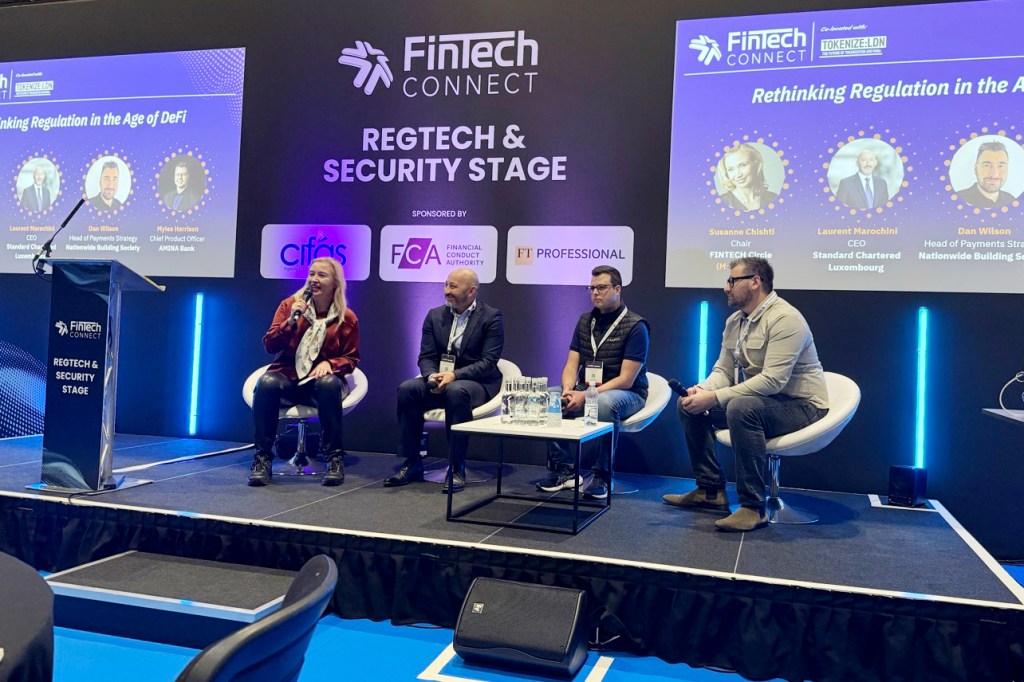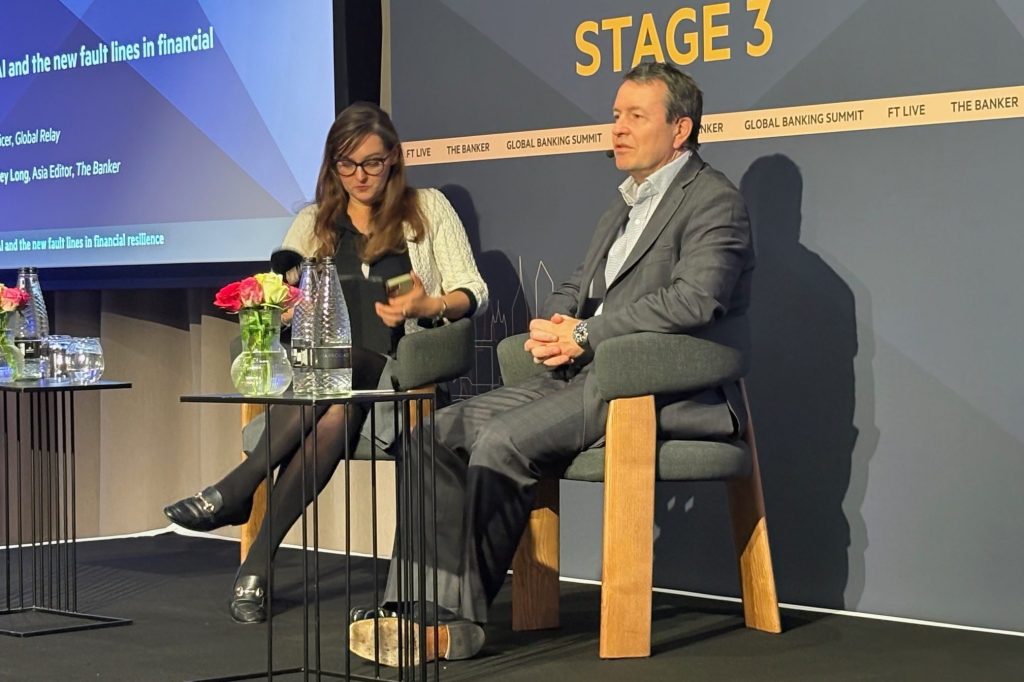GRIP attended Shoosmiths’ inaugural “Data Insights” conference on January 24, 2024, hosted by Shoosmiths’ head of Privacy and Data – Sherif Malak. The event, attended by many data protection officers (DPOs) and compliance folk, provided cutting-edge and thought-provoking discussions on the latest developments in privacy and data.
The day kicked off with
Register for free to keep reading.
To continue reading this article and unlock full access to GRIP, register now. You’ll enjoy free access to all content until our subscription service launches in early 2026.
- Unlimited access to industry insights
- Stay on top of key rules and regulatory changes with our Rules Navigator
- Ad-free experience with no distractions
- Regular podcasts from trusted external experts
- Fresh compliance and regulatory content every day












